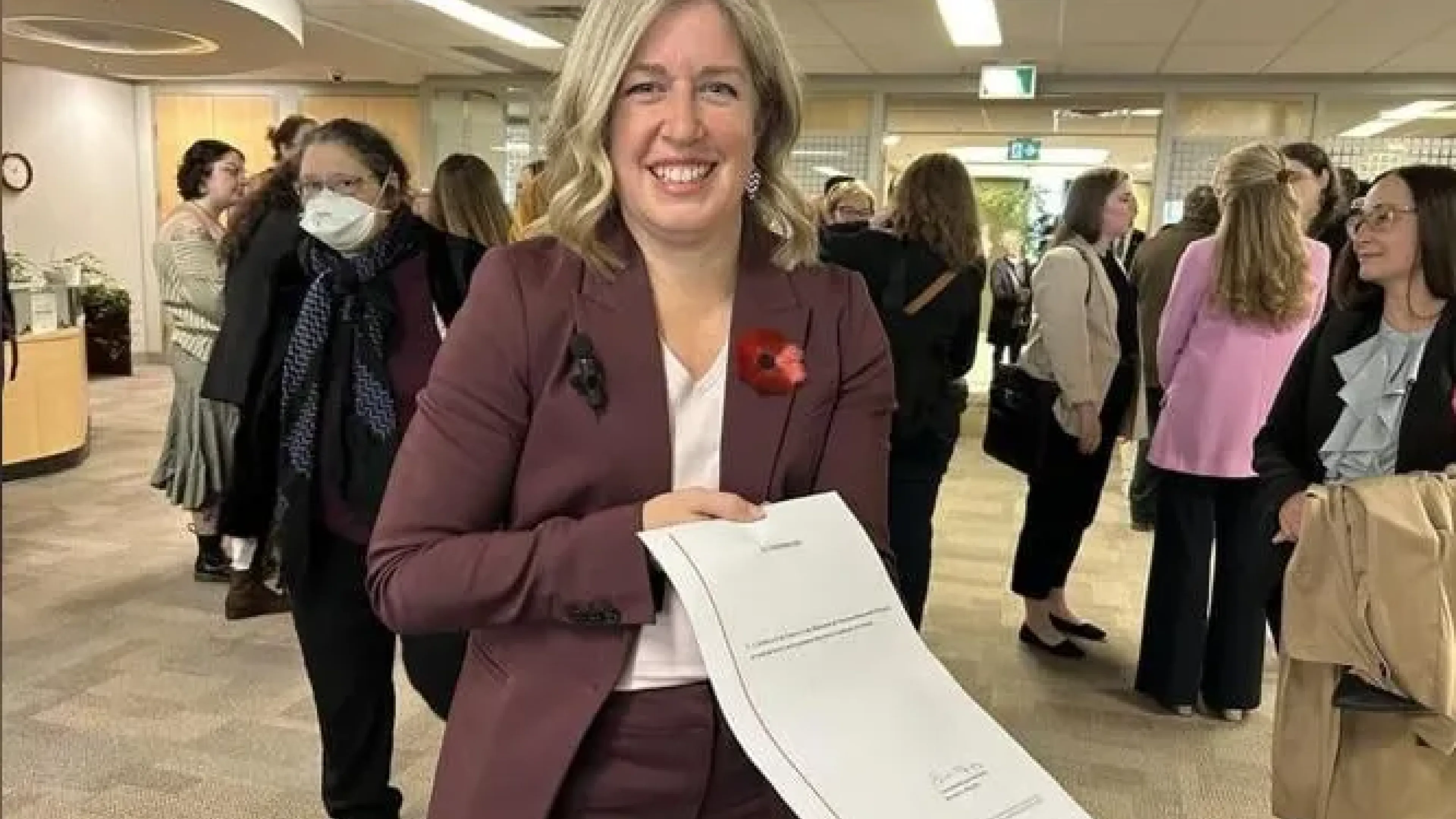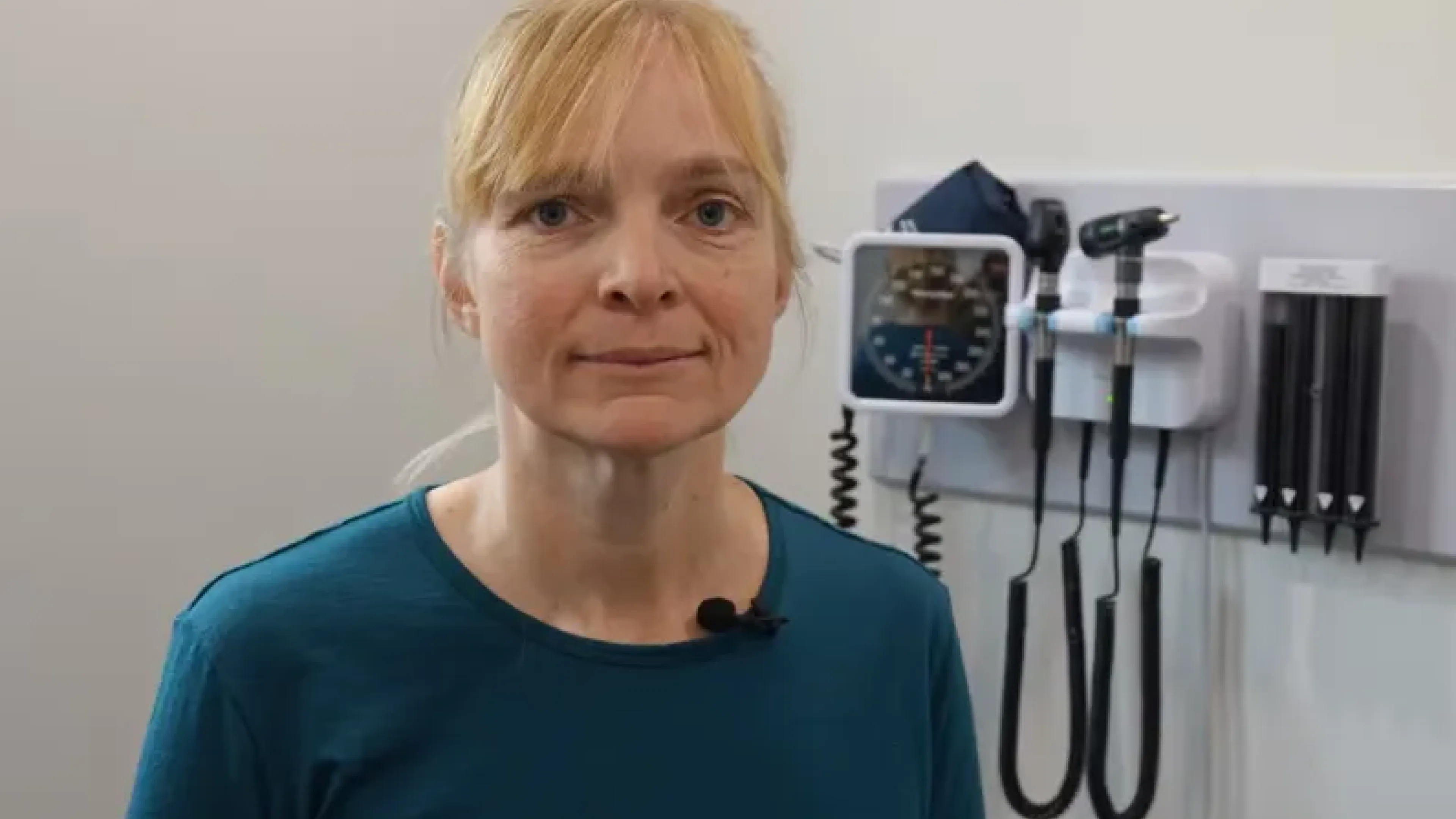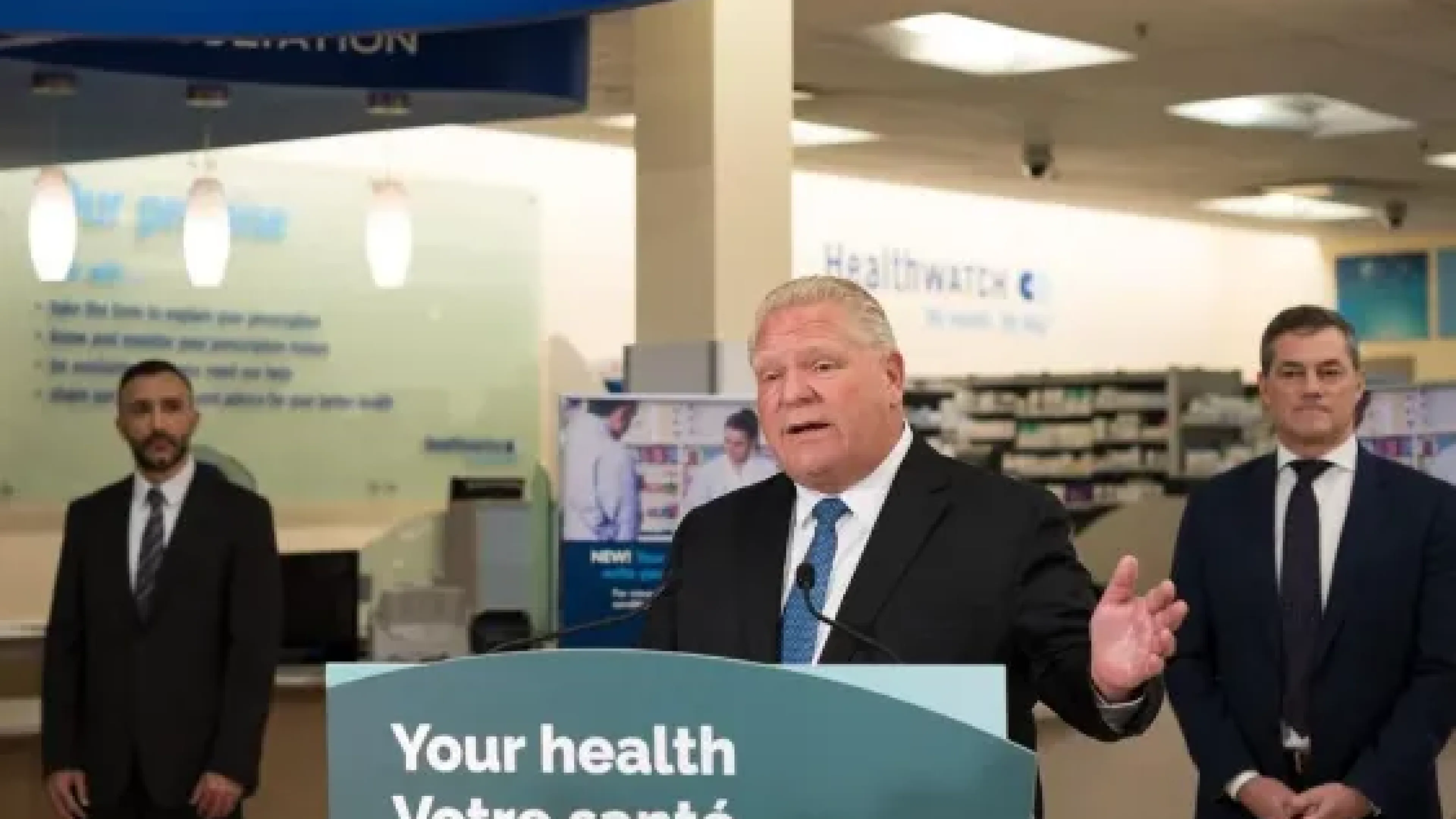You’re reading the web version of our email briefing on health policy, science and medical news. Sign up to get it next week.
Hi Healthwatchers, 🩺👀👩⚕️
A fairly obvious pick to start things off this week, but with a Canadian spin. One of the articles in this week’s roundup was written by yours truly, see if you can guess which!

Trump and RFK Jr. are poised to make sweeping changes to U.S. health policy under what’s being dubbed the 'Make America Healthy Again' (MAHA) mandate.
Why it's important: Trump 2.0 could affect everything from vaccine approvals, drug ads, water fluoridation, reproductive rights and pandemic preparedness. And there will be knock-on effects for Canada.
With reproductive rights uncertain, many are preemptively stockpiling mifepristone. Canada’s relative ease of access could position us as an alternative source. On vaccines, any slowdown or restriction in U.S. approvals could affect our supply chain, which relies on U.S. sources. A likely rollback of the Office of Pandemic Preparedness would weaken North America’s collective pandemic response. And given these shifts, U.S. health professionals may soon opt to find jobs here, in numbers.
Read more…

Canada detected its first human case H5 avian influenza, as concerns over cross-species transmission grow.
Why it's important: The U.S. CDC found H5N1 in 7% of workers exposed at dairy farms, suggesting the virus is spreading more widely than previously thought.
The infected teen from B.C. is being treated in-hospital. Possible sources of exposure are being investigated. The case also heightens recent tensions around proposed federal pandemic preparedness legislation mandating stricter biosecurity for the agricultural sector. Critics say the bill will have negative economic impacts on the Ag industry. With recent developments in the U.S., our national and provincial biosecurity practices are set to become a hot issue in health policy circles.
Read more…

The Collège des médecins du Québec is urging a freeze on privatization.
Why it's important: Quebec’s reliance on private care is straining its health system, as more doctors shift to private settings, creating severe staffing shortages in the public system.
The College points out that private care hasn’t reduced wait times. In response, the Legault government is exploring legislation requiring new doctors to work in the public system for a set timeframe or repay education costs. Legault has even suggested using the notwithstanding clause to enforce it.
Read more…

Premier Susan Holt announced that New Brunswick will now cover surgical abortions outside hospitals, overturning a 1984 rule that restricted access.
Why it's important: This change brings N.B. in line with most other provinces. Previously, abortions were only funded in three hospitals.
With the policy shift, clinics will soon provide funded abortion services across the province, making it much easier for people to access them without having to travel. The move may lead to the Canadian Civil Liberties Union dropping its lawsuit against the province, which argued the old restrictions violated the Canada Health Act and Charter rights.
Read more…

Dr. Elaine Ma, celebrated for her drive-through COVID vaccine clinics, is being asked to repay over $600,000 in billed fees due to an OHIP dispute.
Why it's important: Ma’s case is raising concerns over bureaucratic rigidity, and its potential to discourage innovative and agile responses to future health threats.
Ma organized 45 mass clinics, administering roughly 35,000 doses. But OHIP claims she misused billing codes, violating a 20-year-old directive prohibiting doctors from delegating some billable procedures outside of official clinic locations without written approval. The Ontario Medical Association warns this could deter physicians from stepping up in emergencies.
Read more…

Ontario pharmacists are wary as expanded prescribing powers coincide with corporate demands to meet service quotas, raising concerns over patient safety.
Why it's important: As the Ontario government expands the list of things pharmacists can treat, pharmacists themselves are sounding the alarm over the business practices of major chains, which they say pose risks to patients.
While pharmacists welcome a larger role in healthcare, many working for major chains face pressure to meet quotas for OHIP-billable services. This has led to a class-action lawsuit against Loblaw (Shoppers' parent company) for practices pharmacists say prioritize profits over patient safety.
Read more…
And that’s a wrap for this Weekly Dose. 💊
Thanks for tuning in and keeping up with the latest in Canadian health news.
There’s never a dull moment, and I’m glad to have you with me for the ride.
Nick Tsergas, Editor
Canada Healthwatch
[email protected] | canadahealthwatch.ca
Stay informed.
On the most important developments in Canadian health.
Get Canada’s essential briefing on health policy, science, and system change. Get Briefing